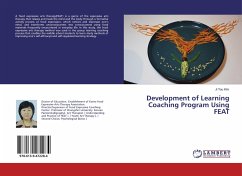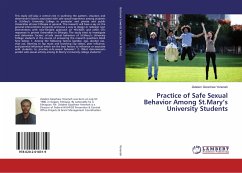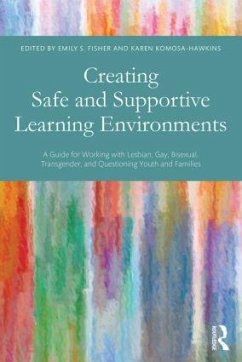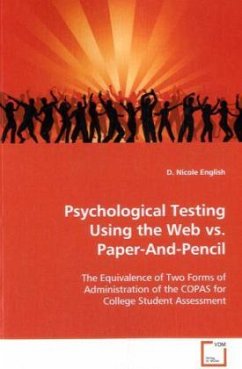
Using the Theory of Reasoned Action to Predict Safe Food Handling
Knowledge, attitudes, and social norms of children and young adults regarding food hygiene behaviour
Versandkostenfrei!
Versandfertig in 6-10 Tagen
52,99 €
inkl. MwSt.

PAYBACK Punkte
26 °P sammeln!
Many food poisoning cases occur in the home and there is wide spread ignorance of safe food handling practices. Regular food preparation occurs from age 11 and the most common practices are sandwich and snack making. Sources of information about food hygiene are highlighted and the role of schools in the provision of food hygiene information is considered. The skill considered most important by the majority of teachers is hand washing. The data regarding food preparation practices was collated and was used to inform the construction of a questionnaire based on the Theory of Reasoned Action. Th...
Many food poisoning cases occur in the home and there is wide spread ignorance of safe food handling practices. Regular food preparation occurs from age 11 and the most common practices are sandwich and snack making. Sources of information about food hygiene are highlighted and the role of schools in the provision of food hygiene information is considered. The skill considered most important by the majority of teachers is hand washing. The data regarding food preparation practices was collated and was used to inform the construction of a questionnaire based on the Theory of Reasoned Action. The beliefs used in the construction of the questionnaire were obtained from a sample of 438 and the most common beliefs about what they could do to keep food safe to eat were used. Using self report measures (n=267) a significant correlation was recorded and attitude, subjective norm and intention explained 51% of the variance in behaviour. However, using observations (n=30) the relationship was not significant. The implications of this in terms both of food hygiene and the Theory of Reasoned Action are considered.












